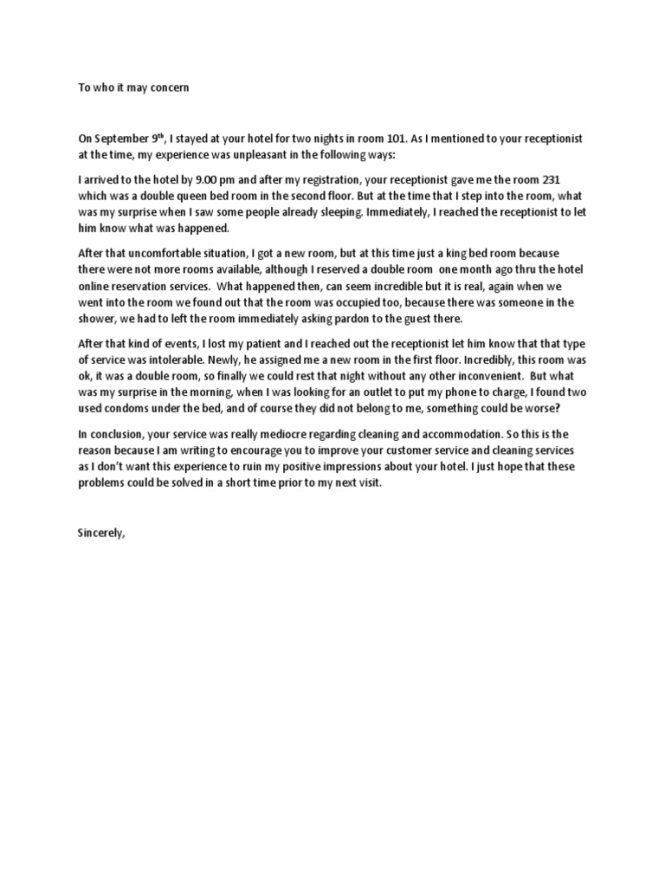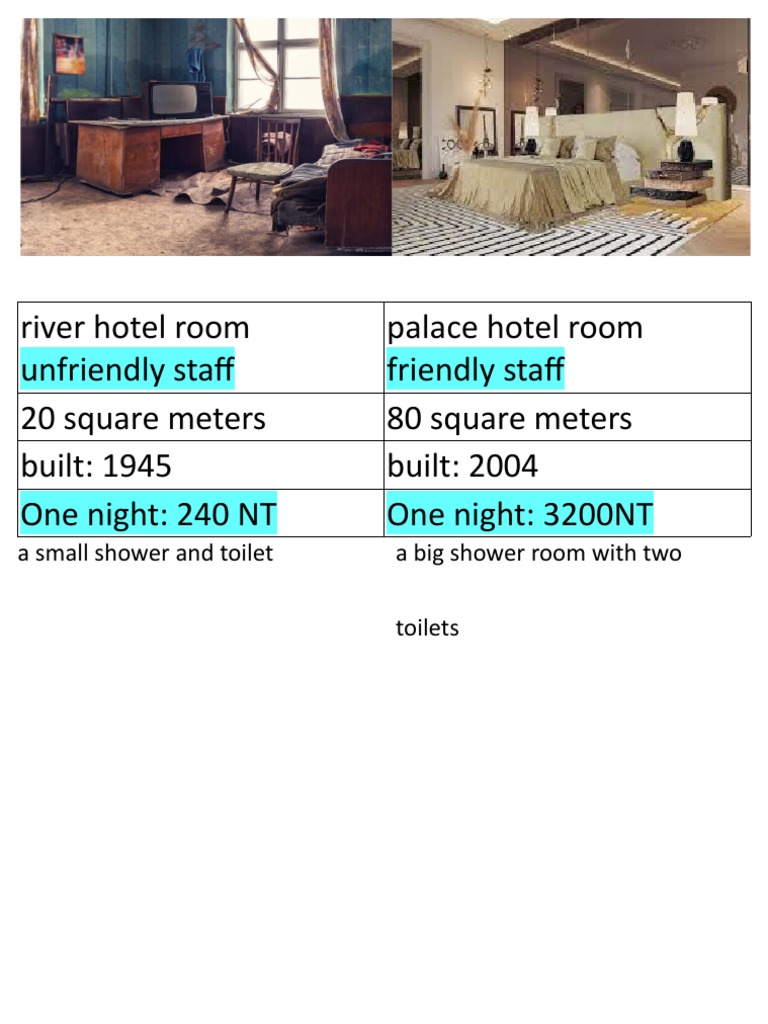

How to Complain Effectively at a Hotel is crucial for any traveler who has encountered a problem during their stay. Imagine arriving at your dream vacation destination only to discover unexpected issues—from a broken air conditioner to a dirty room. How do you effectively voice your concerns and ensure a positive resolution? This comprehensive guide will equip you with the knowledge and strategies to complain effectively at a hotel, protecting your rights and ensuring a more pleasant experience. This article will delve into the art of lodging complaints, including essential preparation steps and effective communication techniques. It will also cover strategies to avoid common pitfalls and provide concrete examples to illustrate successful complaint resolution.
Understanding the Importance of Effective Hotel Complaints
Defining Effective Hotel Complaints
Effective hotel complaints are not about being difficult; they are about asserting your rights as a guest and seeking a fair resolution to a problem. A well-structured complaint can lead to immediate action and potentially significant improvements in hotel services. A poorly executed complaint, on the other hand, can damage your chances of getting what you deserve. Effective complaints are often polite and reasonable while also clearly outlining the issue and desired resolution.
Preparing for an Effective Hotel Complaint
Gathering Evidence and Documentation
Before lodging a complaint, gather all necessary documentation. Take detailed notes, photographs, or videos of any damage or issues. Record the date, time, and location of the problem along with the names of any staff members involved. Maintain a log of interactions with hotel staff. This evidence is vital in supporting your claim and demonstrating the seriousness of the problem. A well-documented complaint will present the issue concisely and provide the hotel with factual data. For example, if your room was not cleaned properly, take a picture of the dirty room or of the sticky spots or any other issues you faced. A simple photo or video can provide the hotel with objective evidence of the problem.
Communicating Effectively with Hotel Staff
Choosing the Right Approach
Communicating your complaint effectively requires a polite and professional tone. Avoid being confrontational or aggressive. Be clear, concise, and direct about the issue. Explain the problem in a calm and composed manner, focusing on the facts. Explain the impact of the problem on your stay in order to achieve a quicker resolution. Use ‘I’ statements to express your feelings and needs, such as, “I am disappointed that my room wasn’t cleaned properly,” or “I require a refund for the unsatisfactory room service.” Use simple and clear language to communicate the problem.
Negotiating a Resolution with the Hotel
Exploring Alternative Solutions
After lodging your complaint, listen carefully to the hotel’s response and any proposed solutions. Consider alternative solutions offered by the hotel staff. A compromise might be the best way to address the issue. For instance, if a room is not cleaned to your standards, discuss with the hotel staff alternative solutions like a refund or a discount. Negotiating demonstrates your willingness to work toward a mutually beneficial outcome. If you feel that the hotel’s offer is insufficient or unacceptable, clearly state your reasons. Be willing to discuss other possible solutions—this often leads to a faster and fairer resolution. If the negotiation reaches a stalemate, or if the hotel fails to address your concerns, escalate the complaint to a higher authority within the organization.
Related Post : Best Hotel In The World Adare Manor
Documenting the Resolution and Following Up
Maintaining Records of Communication
After reaching a resolution, document the agreement in writing. This ensures a record of the problem, the steps taken to resolve it, and the agreed-upon solution. Keep copies of any correspondence with hotel staff. This serves as a record of your interaction and will be beneficial if the issue resurfaces. If the hotel fails to follow through on the agreed-upon solution, be prepared to escalate your complaint to higher authorities.
Frequently Asked Questions
Q: What should I do if I am unhappy with my hotel room?
A: If you are unhappy with your hotel room, immediately contact the hotel staff. Detail the specific issues, such as cleanliness concerns or malfunctioning equipment. Document everything by taking photos or videos of the problem, and maintain a log of your communications with hotel staff. With clear evidence, you’re more likely to receive a satisfactory resolution, such as a room change, a refund, or a discount. This proactive approach is vital in ensuring a more positive outcome.
Q: What are the common mistakes to avoid while complaining at a hotel?
A: Common mistakes to avoid include being aggressive, demanding, or disrespectful to hotel staff. Keep your tone polite and professional, and focus on the specific problem. Avoid making generalizations or accusatory statements. Instead, state the facts clearly and concisely, and request a specific resolution. Effective communication is key to a successful complaint. Remember to be calm and collected, ensuring a smooth resolution and a pleasant experience.
In conclusion, effectively complaining at a hotel requires preparation, politeness, and a focus on achieving a positive resolution. By following these steps and maintaining a professional demeanor, you can increase your chances of receiving satisfactory service and compensation for your inconvenience. Remember, a well-articulated complaint can lead to a more pleasant and memorable travel experience for everyone involved. Next time you encounter a problem, try these strategies for a smoother process. You might even be surprised at the positive results! Remember, a clear, concise, and polite complaint is your most powerful tool.